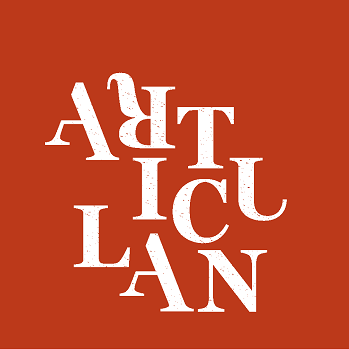UNIVERSITY OF PORTO
The University of Porto (Portugal), founded in 1911, is today one of the largest higher education and research institutions in Portugal with around 32,500 students, 2,300 academics and researchers and 1,500 administrative staff. It is the PT HEI best positioned in national and international rankings: Times Higher Education 2015 (401-500); ARWU 2015 (301-400); QS 2015 (308); Leiden 2015 (425); NTU 2015 (269); URAP (183) and SCImago 2015(169). It has 14 Faculties, 1 Business School and 60 Research Units located in 3 campuses within Porto. Internationalisation is one of U.PORTO´s strategic pillars and objectives, allowing the development of existing collaborations, as well as the establishment of innovative cooperation activities through the creation of active links with institutions from all over the world (2,200 active agreements). In recent years the U.PORTO has coordinated and been involved in several projects, namely Erasmus+ (particularly International Credit Mobility, Erasmus Mundus Joint Master Degrees, Capacity Building and Strategic Partnerships) and Erasmus Mundus projects, which represented a direct management by U.PORTO of roughly €36 millions.
The Faculdade de Psicologia e de Ciências da Educação da Universidade do Porto, FPCEUP, was created in 1980 and it is the school where research and higher education in Psychology and Educational Sciences is carried out. About 1500 students attend FPCEUP undergraduate, master and doctoral programmes and over 1000 persons come every year to attend continuing education and professional training activities in the psychological and educational fields. FPCEUP has two R&D units funded by the Portuguese Foundation for Science and Technology. FPCEUP has two R&D units funded by the Portuguese Foundation for Science and Technology. The Center for Psychology at the University of Porto is one of these units. It was rated Excellent in the most recent external evaluation (2013). Internationalization plays an important role in FPCEUP, not only by the increasing number of projects and protocols established in partnership with international and national institutions, but also by the increasing exchange flow of students, faculty and researchers. With more than 30 years of activity, FPCEUP is committed to top level education and scientific research and to the promotion of an institutional culture addressed to well-being and social progress.
The Faculty of Psychology and Educational Sciences will collaborate in this project in order to upscale the Teacher professional development. They have a lot of experience in expertise on observation tools, quality of teacher-child interactions in early childhood, social inclusion and inclusive settings. Portugal has one of the highest percentages of children living in poverty in Europe (21%). The metropolitan area of Porto, the second largest in Portugal, concentrates the largest percentage of families living in poor and underprivileged conditions (nearly 30%). This is particularly worrisome because poverty is associated with other risk factors for child development (Eurydice, 2009). It has been shown that the experiences children have in early childhood lay the foundation for lifelong learning and development (Shonkoff & Phillips, 2000). It is thus very important to intervene early by promoting meaningful experiences to child that can support their learning and development.
Weblink: https://sigarra.up.pt/up/en/web_base.gera_pagina?p_pagina=universidade
